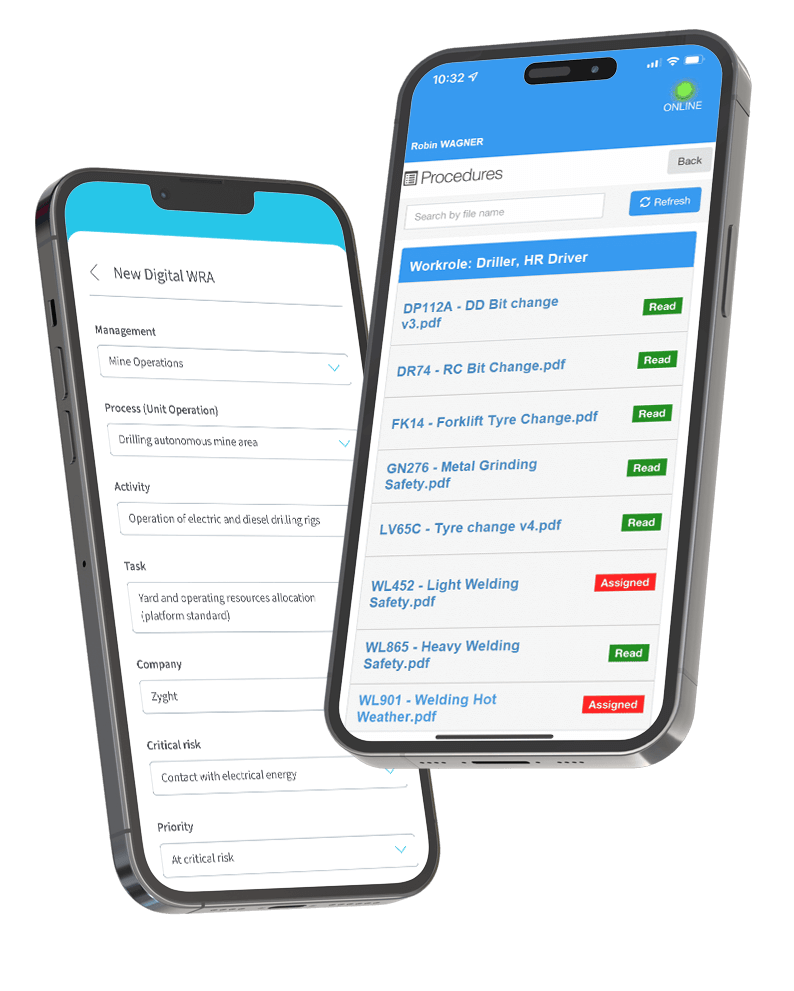In today’s world, sustainability awareness has become a crucial aspect of education. As we face unprecedented environmental challenges, educating for sustainability is no longer optional but essential. This blog will explore why sustainability awareness matters, its impact on our future, and how Vela Sustainability Technologies (VST) supports this crucial mission.
The Importance of Sustainability Awareness
Sustainability awareness is the foundation for creating a more environmentally responsible society. By understanding the impact of our actions on the planet, individuals and organizations can make informed decisions that promote environmental stewardship. This awareness is vital for several reasons:
- Preservation of Natural Resources: Educating people about sustainability helps in the conservation of natural resources. Understanding the finite nature of these resources encourages responsible usage and innovative conservation strategies.
- Mitigating Climate Change: Awareness of sustainability issues, such as carbon footprints and renewable energy, is key to combating climate change. Informed individuals and businesses are more likely to adopt practices that reduce greenhouse gas emissions.
- Promoting Health and Well-being: Sustainable practices contribute to a healthier environment, which in turn promotes better health and well-being. Reducing pollution and promoting green spaces are direct benefits of sustainability education.
- Economic Benefits: Sustainability awareness can lead to economic advantages by promoting efficiency and reducing waste. Companies that prioritize sustainability often see cost savings and improved brand reputation.
How VST Supports Sustainability Awareness
Vela Sustainability Technologies (VST) is at the forefront of promoting sustainability awareness through its innovative software solutions. Here’s how VST’s suite of tools contributes to educating and enabling sustainable practices:
- ZYGHT: This software as a service (SaaS) platform specializes in workplace safety, health, and environmental management. ZYGHT helps organizations manage risks and comply with regulations, fostering a culture of sustainability in the workplace. By making risk management and compliance seamless, ZYGHT ensures that companies are always aware of their environmental impact and can take proactive measures to mitigate it.
- Qmed: Focused on occupational health and hygiene, Qmed is developed in collaboration with top medical professionals. This tool is essential for organizations aiming to maintain high standards of health and hygiene, which are integral to sustainable operations. Qmed supports businesses in understanding and managing their health-related responsibilities, ensuring a safe and sustainable work environment.
- PeopleTray: For industries with remote workforces, PeopleTray offers comprehensive workforce management, including shift scheduling, accommodation booking, and transport logistics. By optimizing these aspects, PeopleTray helps reduce the environmental impact of travel and resource allocation, promoting sustainability in remote work scenarios.
- Nexo CS: Serving various industries in Brazil since 1996, Nexo CS is dedicated to occupational health and safety and regulatory compliance. Its long-standing presence in the market underscores its reliability in supporting sustainable industrial practices.
- iSystain: This tool focuses on sustainability management and ESG (Environmental, Social, and Governance) reporting. iSystain facilitates compliance with regulatory requirements and helps organizations manage social investments. By enabling thorough and transparent reporting, iSystain ensures that businesses remain accountable for their environmental impact.
The Future of Sustainability Awareness
The future of sustainability awareness lies in the integration of education and technology. As more organizations adopt sustainable practices, the role of technology becomes increasingly significant. VST’s software solutions are instrumental in this transition, providing the tools needed for effective sustainability education and implementation.
To further sustainability awareness, we must continue to advocate for comprehensive education at all levels. Schools, universities, and workplaces should prioritize sustainability in their curricula and training programs. By doing so, we can cultivate a generation that is not only aware of environmental challenges but also equipped to address them.
Conclusion
Sustainability awareness is essential for building a better future. Through education and the support of innovative tools like those offered by Vela Sustainability Technologies, we can promote responsible environmental practices and ensure the well-being of our planet for generations to come.


